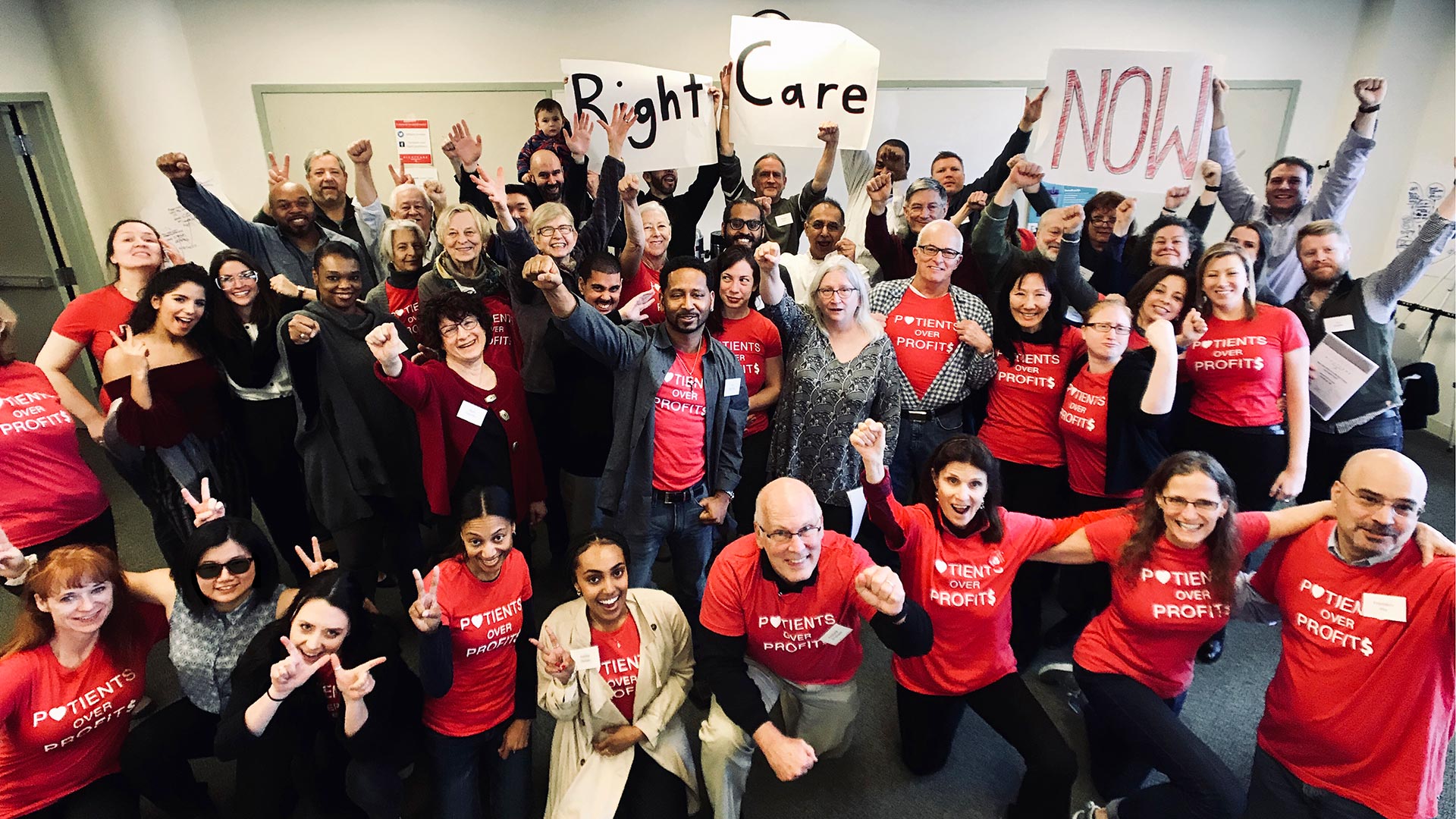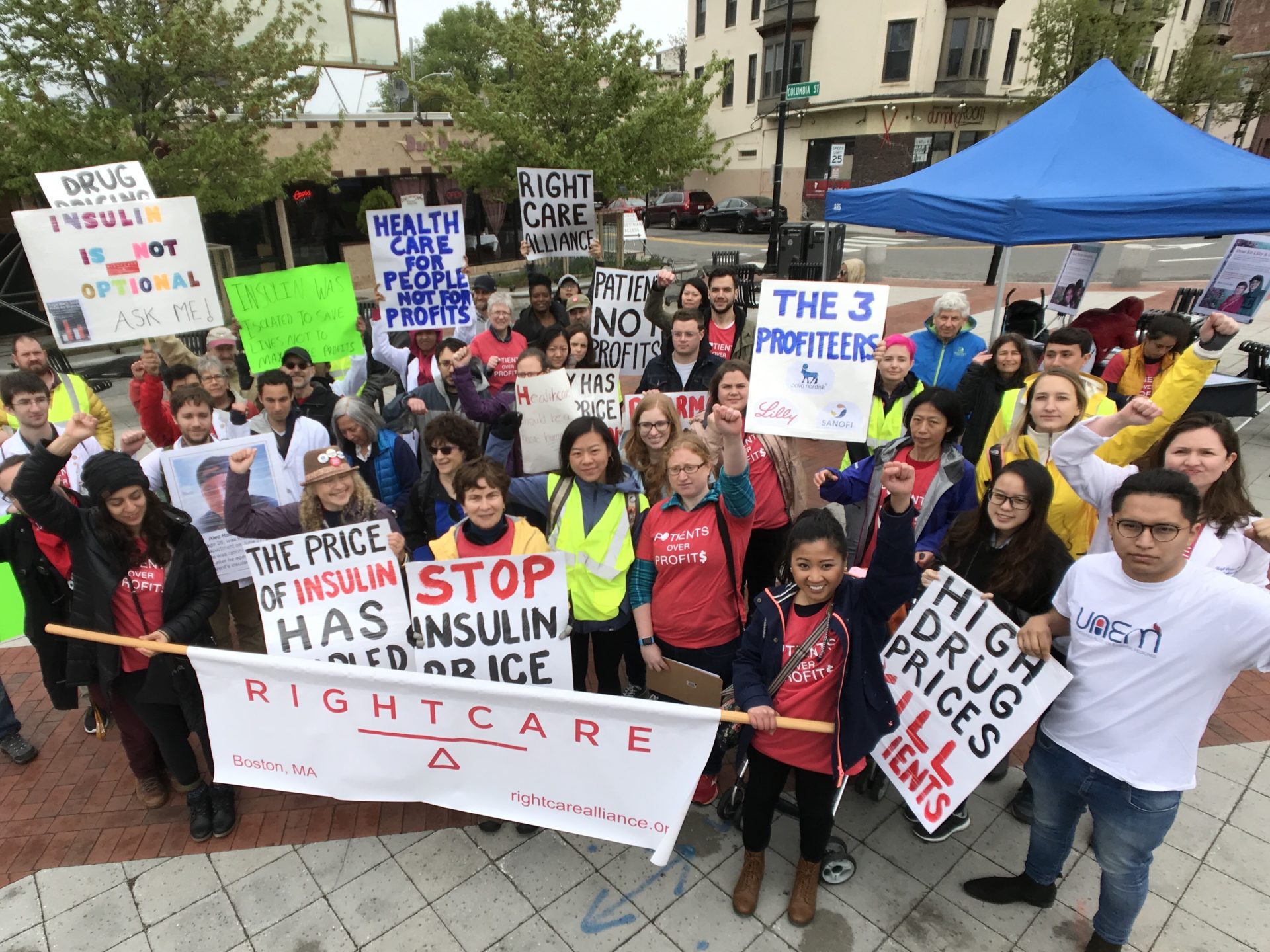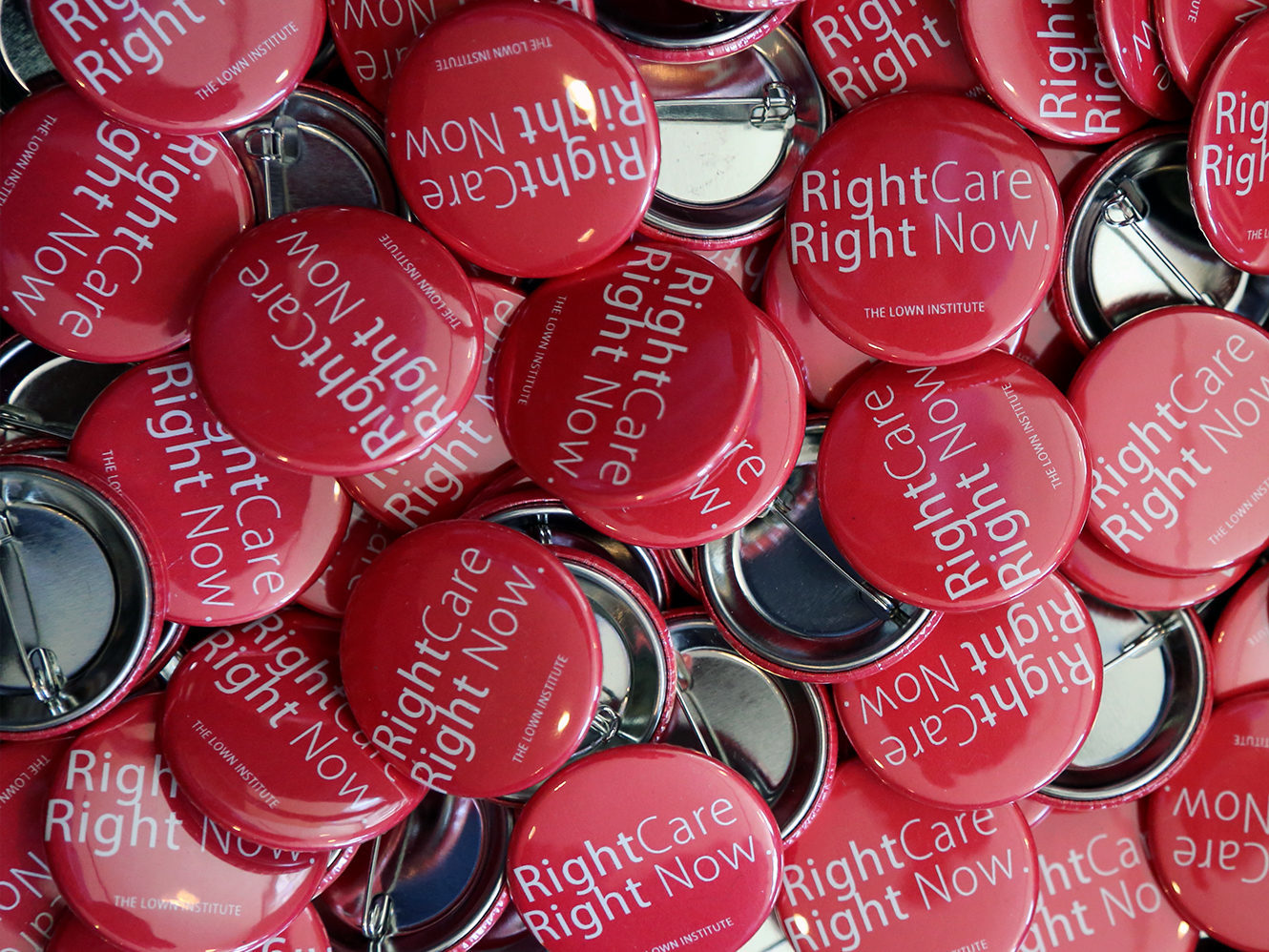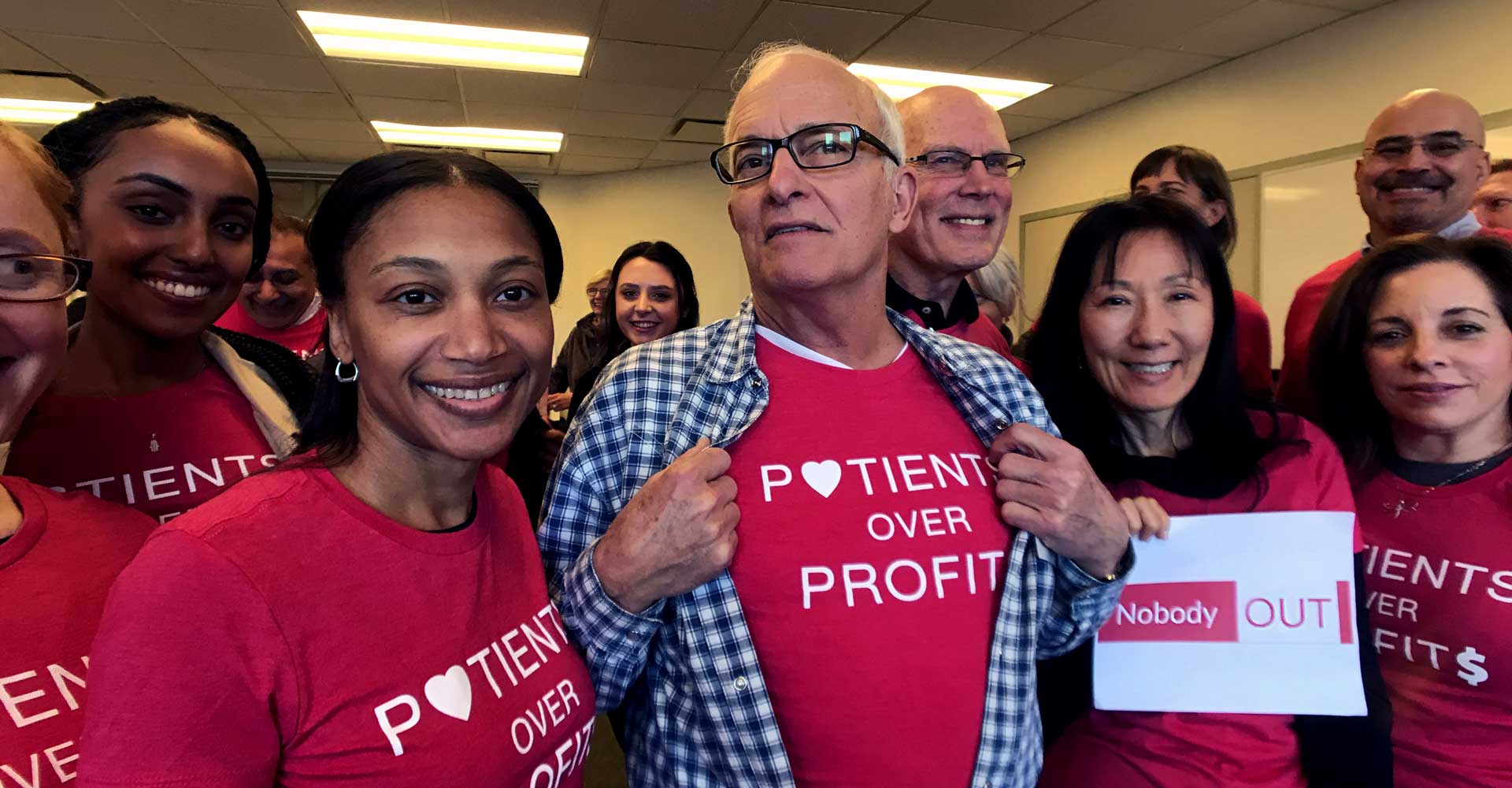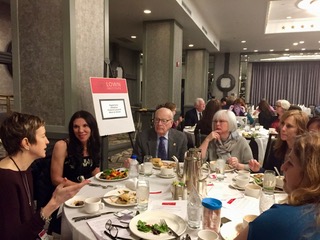In today’s COVID-19 environment for nursing homes, hospitals, and other providers, once again the patient’s rights are left at the door, literally. In the name of protection and safety, we now have severe isolation and compassionate care being stifled. It’s not the first time that patient rights have been jettisoned due to an outbreak. It happened during SARS and with H1N1.
Some progress is being made in the direction of compassionate care, but it only occurs when death is near. Necessary? Maybe, but also woefully insufficient. Few are recognizing the role a designated caregiver can play in helping with treatment options due to long time understanding of the patient. Additionally, caregivers can play an adjunct role in helping staff with care of the patient, such as MAPS Safer Together Essential Role or Person Care Partner. The Right Care Alliance Elder & Long-Term Council is proposing a set of key policy changes that can be addressed simply without pressure for additional investment/staffing.
This isolation issue has extensive focus and comment from many different disciplines. They tend to be a bit timid focusing on the role of the caregiver. There is great work going on the more aggressive addressing the issue. Here’s a PDF from Planetree, the patient-centered care and patient safety global advisory NGO, which addresses the issue head on and has great support and endorsements.
A key issue is when a line is crossed from asking to actively pushing for more aggressive changes, requiring additional investments and commitment to changing status-quo environments. Planetree is a great organization, but the changes they’re advocating for are not quick hit solutions, they’re playing the long game. Which, in a situation like the COVID pandemic, makes their solutions too deliberative to drive fast change.
This Isolation Call from the RCA Elder & Long-Term Care Council is really a patient-driven request. It works to more fully bringing patients and families together. Since it’s not aggressively pushing for more investment, it’s a very low-cost option, and we believe it will be extremely effective in addressing the issue. Most importantly, we’re looking to get providers to document their policies on isolation and what the escalation path will be.
This is our Isolation Call, approved by the RCA Steering Committee, which looks to find the middle ground, pushing for as much change as possible that is achievable without impacting or involving finances and staffing.
The Call:
- That no public health issue or provider outbreak will abrogate the rights of the resident and his or her surrogate to participate fully in care planning for more than a few weeks, including making decisions to take or avoid a reasonable array of risks in pursuit of what is meaningful or comforting in their own lives. In the context of COVID-19, this means that residents and their families must be consulted about isolation after a short period of substantial and uncertain risks that required public health measures that constrained exposure to risks. Disability rights advocates say, “Nothing about me without me.” Care plans, after this short period, now past, should be able to accommodate a wider range of personal preferences and be truly person-centered.
- That the capacity of the facility to offer broader visiting is an issue that needs to be clear and written at all times, with reliable communication with the residents and families/friends, including what the facility will count as compassionate exemptions to the usual rules and how to appeal any initial adverse determination.
- The facility should provide PPE for caregivers and visitors. Certain circumstances, such as shortage of necessary PPE, could require caregivers and visitors to supply their own PPE, meeting facility standards. In either case, visitors will have to follow infection control practices articulated by the facility.
- Visitors who are or will be caregivers or decision-making surrogates should have a special status and the care plan should generally make every effort to keep current and future caregivers and surrogate decision-makers engaged in the resident’s care and care planning. These people should generally be enabled to be present with the resident and with the care planning staff whenever possible. The caregiver or surrogate may also be involved in maintaining connections between the resident and other important friends and family, e.g., providing and setting up technologies that work for the resident to maintain connections with important others who cannot, at the particular time visit.

